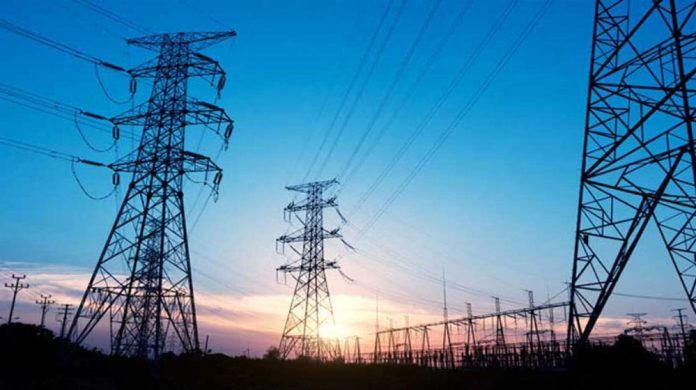The National Electric Power Regulatory Authority (Nepra) has approved a significant increase in the base tariff for electricity in fiscal year 2024. This increase of Rs4.96 per unit has been implemented at the demand of the International Monetary Fund (IMF). If the government approves Nepra’s proposal, the new rates will be applicable to different slabs of power consumers starting from July 1.
Additionally, the government has decided to extend the duration of peak hours for electricity consumption. As of July 1, the peak hours will be from 5pm to 11pm, instead of the previous 6pm to 10pm timeframe.
These measures are part of the government’s efforts to meet the IMF’s demands, which also include raising power tariffs, petroleum rates, and income tax. However, these increases have further burdened the general public as inflation remains high.
Here is how the new base tariff will affect consumers’ monthly bills (excluding taxes and additional charges):
- Consumers using 100 units per month will see their base tariff increase from Rs13.4 per unit to Rs18.36 per unit. Their monthly bill will rise to Rs1,836.
- Those consuming 200 power units per month will experience a rise in their monthly bill from Rs3,700 to Rs4,700, with a base tariff of Rs23.91 per unit.
- Households using 300 units of electricity per month will have bills ranging from Rs6,000 to Rs8,000.
- Consumers utilizing 400 power units per month will face an increased bill of Rs12,300.
- For those consuming 500 power units, their monthly bills will be between Rs13,000 and Rs16,000.
These changes in electricity tariffs and peak hours aim to address the country’s economic challenges and meet the requirements set by the IMF. However, they have added to the financial burden on the public, as they contend with high inflation rates.


